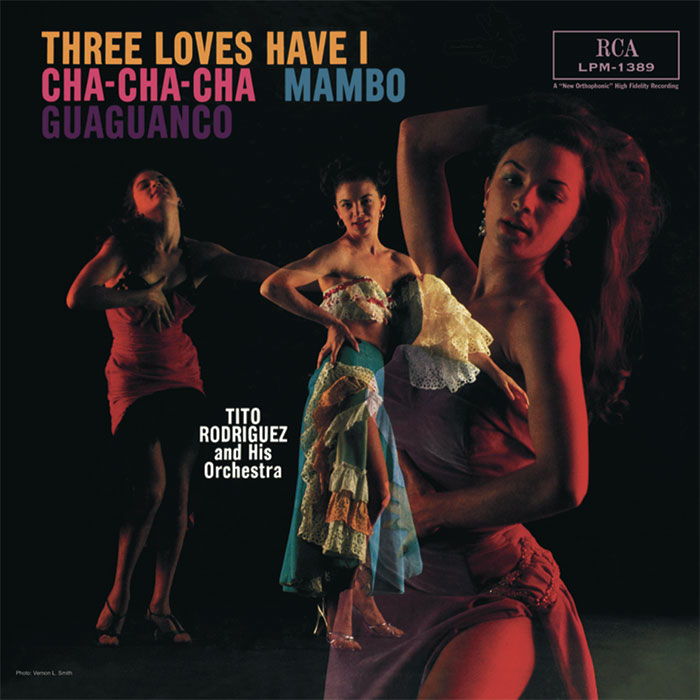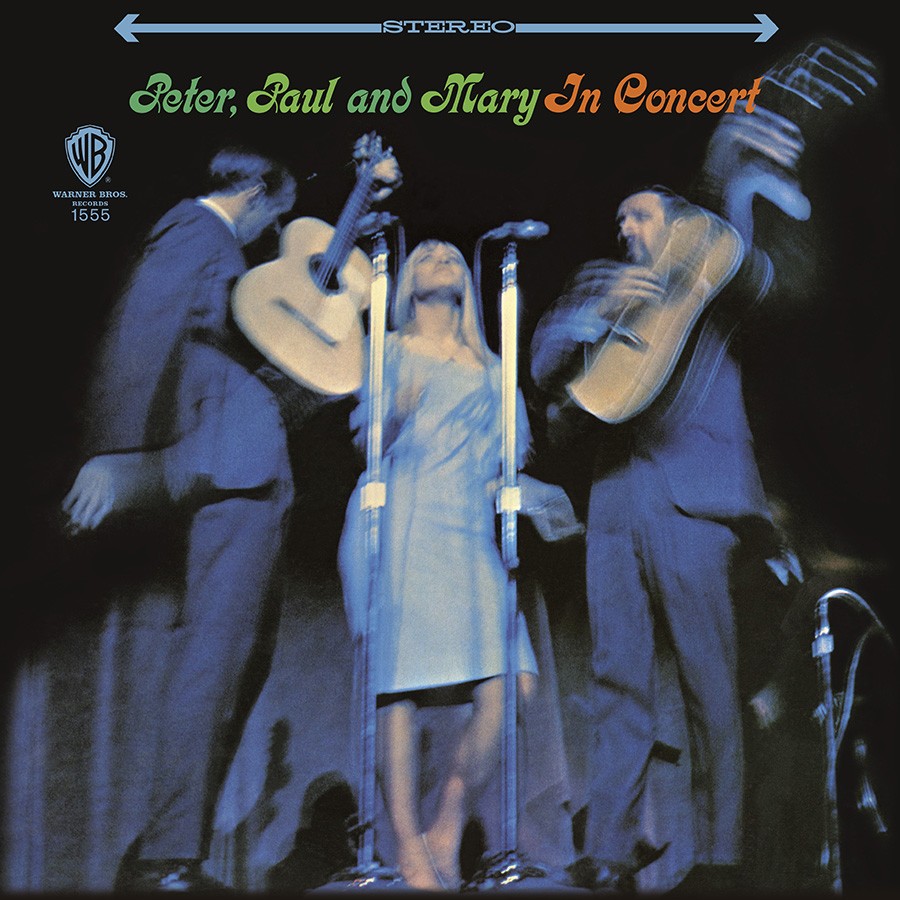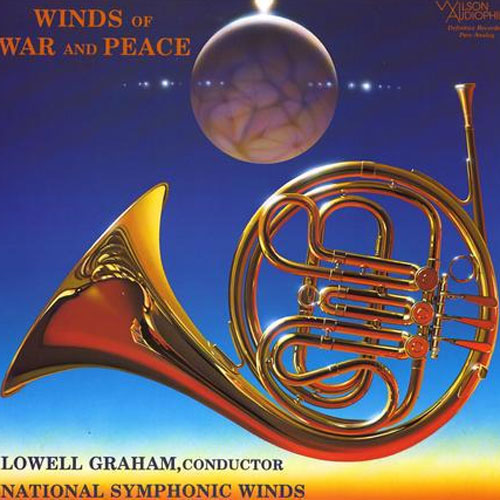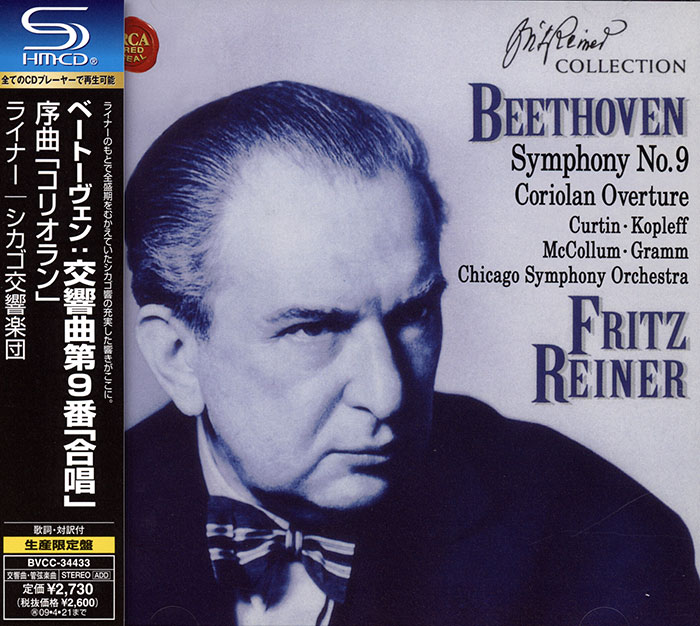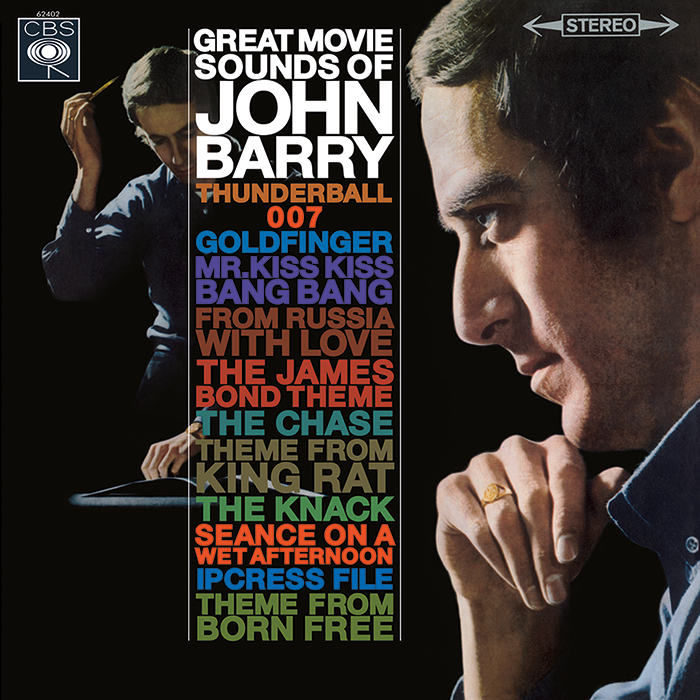Logowanie
Dziś nikt już tak genialnie nie jazzuje!
Bobby Hutcherson, Joe Sample
San Francisco
SHM-CD/SACD - NOWY FORMAT - DŻWIĘK TAK CZYSTY, JAK Z CZASU WIELKIEGO WYBUCHU!
Wayne Shorter, Freddie Hubbard, Herbie Hancock, Ron Carter, Elvin Jones
Speak no evil
UHQCD - dotknij Oryginału - MQA (Master Quality Authenticated)
Chesky! Niezmiennie perfekcyjny
Winylowy niezbędnik
ClearAudio
Double Matrix Professional - Sonic
najbardziej inteligentna i skuteczna pralka do płyt winylowych wszelkiego typu - całkowicie automatyczna
Tito Rodriguez and His Orchestra
Three Loves Have I: Cha-Cha-Cha / Mambo / Guaguanco
High Quality 180g Vinyl LP! Re-mastered by Ray Staff at Air Mastering! A native of San Juan, Puerto Rico, Tito Rodriguez came to New York City in 1939 to sing with his brother's band. He learned to play a variety of instruments before succeeding as a vocalist with Enric Madriguera, Xavier Cugat, Noro Morales, and José Curbelo. In 1947 he started his first band with René Hernández, Cachao Lopez, and Victor Paz. Several of the great Latin-American singers went on to form their own aggregations, but Rodriguez was the most successful. One reason is the music, which has the hip drive of Tito Puente (whom he copied during the Palladium battles of the "two Titos") and the Palmieri brothers. Eddie Palmieri and company perform on some of his best albums. In fact, he and Puente, "the two Titos" headlining at New York City's famous Palladium, were rivals for the title of Mambo King until Perez Prado took it. While Tito Rodriguez played mambo on a par with the others, it was his voice that set him apart. Whether it's mambo, Latin twist, or sentimental ballads, Rodriguez rarely strayed far from authentic or progressive Latin. Indeed, no other performer epitomizes the Latin showman as well as he: top vocal stylist, versatile musician, sophisticated arranger-composer, handsome bandleader, leader of the New York Latin scene. Tito Rodriguez' music is quintessential. Given the popularity of all three rhythms listed in the title, it's no surprise that Tito would think of them as his "loves" – especially since they'd all helped spur on new energy in Latin music! But over and above the rhythms, the album itself is one of Tito's greatest from the '50s – spare, lean, and with a style that's both lively and jazzy – never dipping into some of the too-heavy modes that Tito succumbed to in later years. Tracks are all short, with lots of horn work on top of the percussion.


































